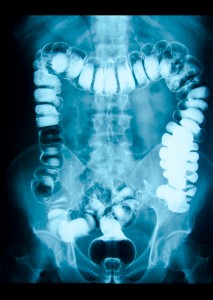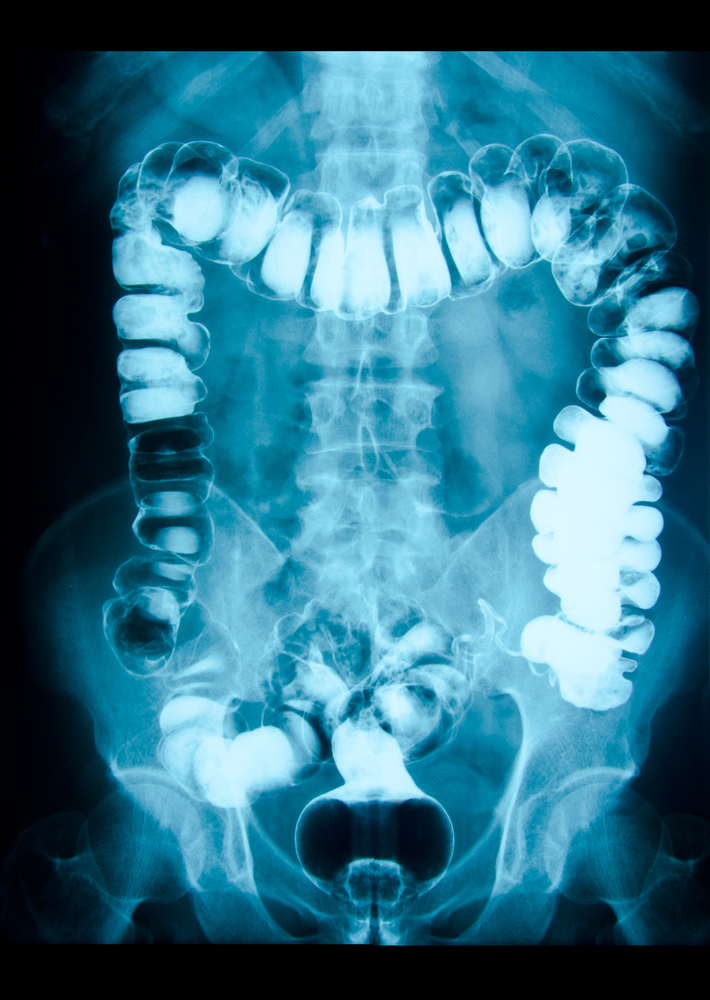 A recent study published in the International Journal of Radiation Oncology • Biology • Physics (Red Journal) has demonstrated that patients suffering from locally advanced rectal cancer who are treated with preoperative radiation therapy along with a combination of chemotherapy drugs, either irinotecan plus capecitabine or oxaliplatin plus capecitabine, have a 4-year overall survival rate of 85 % and 75%, respectively.
A recent study published in the International Journal of Radiation Oncology • Biology • Physics (Red Journal) has demonstrated that patients suffering from locally advanced rectal cancer who are treated with preoperative radiation therapy along with a combination of chemotherapy drugs, either irinotecan plus capecitabine or oxaliplatin plus capecitabine, have a 4-year overall survival rate of 85 % and 75%, respectively.
This clinical study is a new endpoint analysis of the original Radiation Therapy Oncology Group (RTOG) 0247 trial, which was made public back in 2012 and assessed the long-term survival and failure patterns in this population of patients.
This previous study was a randomized, Phase II multicenter clinical trial of patients diagnosed with locally advanced rectal cancer, who received chemoradiation for a period of 3 years. The primary endpoint analysis consisted of pathologic complete remission (pCR) rates for two different chemotherapy regimens, irinotecan plus capecitabine (pCR=10%) or oxaliplatin plus capecitabine (pCR=21%).
The trial enrolled a total of 146 patients from 59 different institutions, who received pelvic radiation therapy of 50.4 Gy for a period of five-and-a-half weeks.
Additionally, two groups of patients were formed, those who received irinotecan and capecitabine and those who received oxaliplatin and capecitabine.
All subjects underwent surgery after radiation therapy completion along with postoperative chemotherapy of FOLFOX 4 to 6 weeks after surgery
However, this study was closed in 2005 as a result of several gastrointestinal toxic side effects, but reopened soon after with a revised chemotherapy regimen, evaluating a total of 104 eligible patients who had stage T3 or T4 resectable adenocarcinoma of the rectum without distant metastasis.
In this recent RTOG 0247 analysis, researchers found that after a median follow-up period of four years disease-free survival (DSF), overall survival (OS), local-regional failure (LRF), distant failure (DF) and second/new primary failure (SP) estimation were 68%, 85%, 16%, 24% and 2%, respectively for the capecitaine plus irinotecan group. For the capecitabnie plus oxaliplatin group the estimations were of 62% (DSF), 75% (OS), 18% (LRF), 30% (DF) and 6% (SP).
“Our new analysis of RTOG 0247 provides us with favorable efficacy results of two preoperative chemotherapy regimens used in conjunction with radiation therapy protocols,” Neal J. Meropol, MD, co-author of the study, chief of the Division of Hematology and Oncology at University Hospitals Case Medical Center and Case Western Reserve University in Cleveland, said in a news release. “These favorable long-term survival rates confirm that both of these concurrent chemoradiotherapy regimens followed by surgery can be a highly curative approach for patients with localized rectal cancer, despite the low pCR results we reported in 2012. It is important to find new biomarkers beyond the local remission rate that can help us determine which patients will be cured and who may benefit from more aggressive therapy following chemoradiation”, he concluded.


